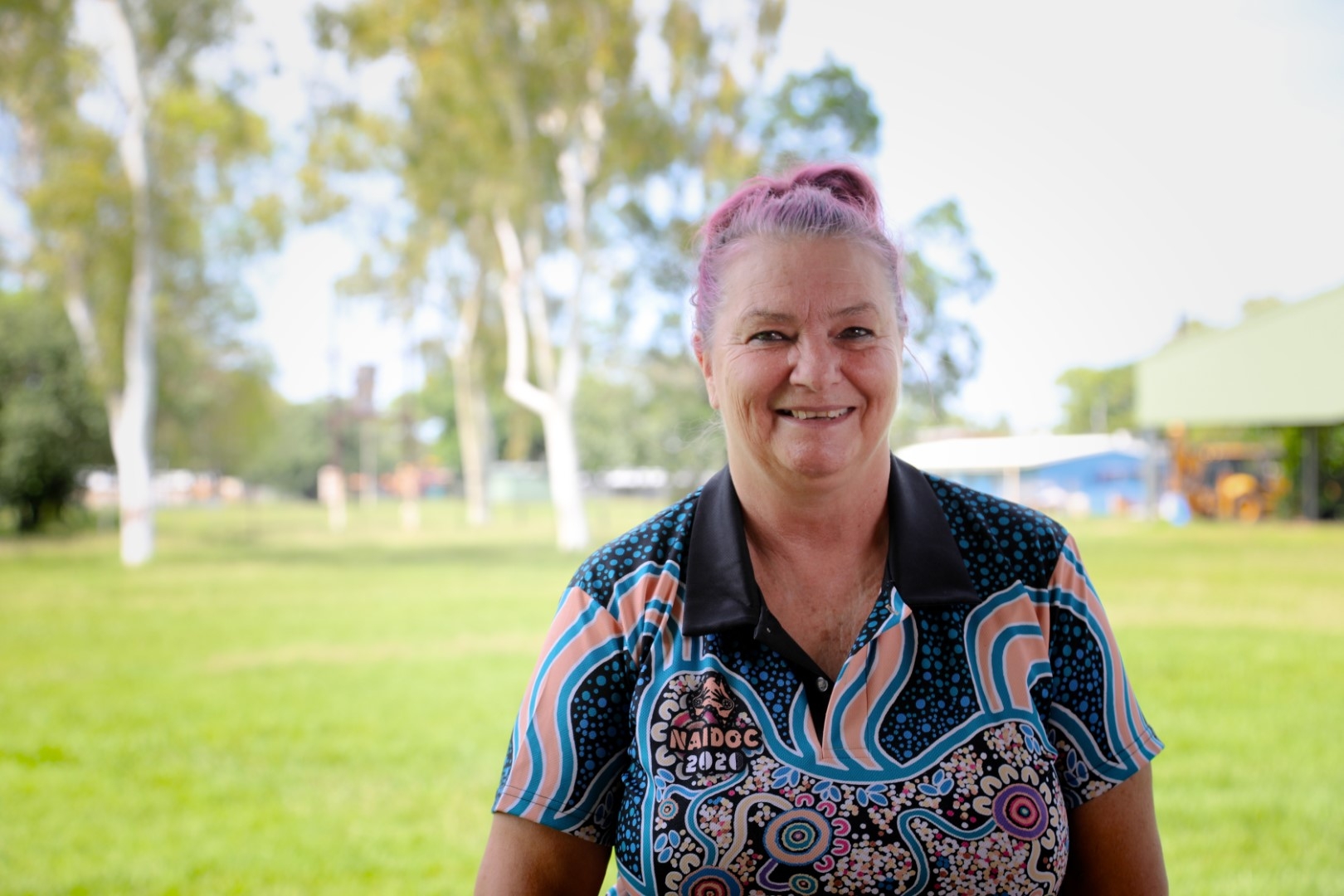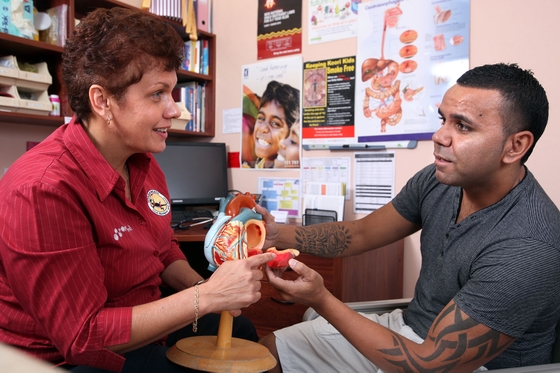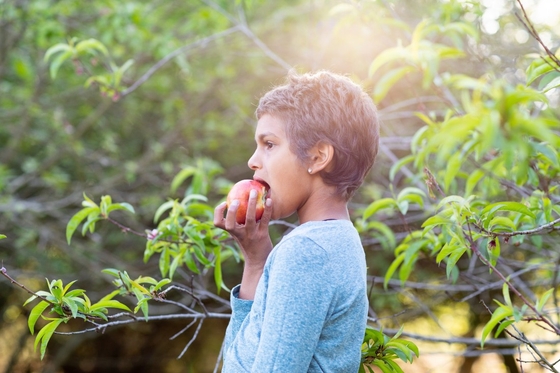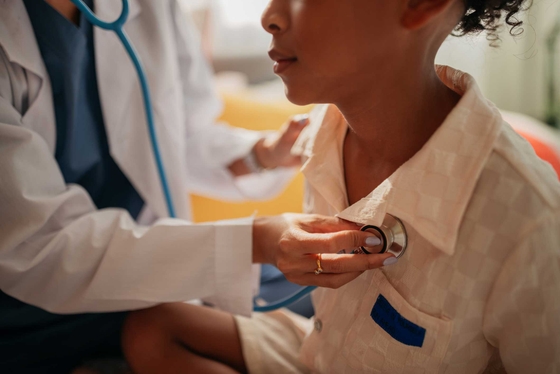
Q&A with Mrs Vicki Wade
In 2021, Mrs Vick Wade received a Heart Foundation Aboriginal and Torres Strait Islander Award for her project investigating the impacts of rheumatic heart disease in young Aboriginal and/or Torres Strait Islander Peoples.
Mrs Vicki Wade is a Director at RHDAustralia at Menzies School of Health Research. Vicki is a senior Noongar woman with over 40 years’ experience in health at state and national levels.
What are you currently researching?
Rheumatic heart disease begins with a Strep A infection, which is a common cause of skin infections and sore throats. In some people with a Strep A infection, the immune system gets confused and causes inflammation throughout the body. This is known as acute rheumatic fever. When acute rheumatic fever causes damage to the heart muscle and valves, this is called rheumatic heart disease. Aboriginal and/or Torres Strait Islander young people aged five to 14 years are most at risk of developing acute rheumatic fever.
Heart valves help make sure that blood flows in the right direction through the heart. If a valve is damaged, it might not close or open properly, meaning some blood can flow backwards. In Australia, Aboriginal and/or Torres Strait Islander, Māori and Pacific Islander Peoples are at high risk of acute rheumatic fever and rheumatic heart disease.
Rheumatic heart disease can cause permanent damage to heart valves and is a leading cause of death in young First Nations Peoples in Australia. There are effective ways of treating the complications of rheumatic heart disease, but currently there is no cure. Young First Nations Peoples with rheumatic heart disease experience countless encounters with health care providers and multiple hospital admissions. This is a traumatic experience for the young people, their families and communities. These young people already carry the scars of intergenerational trauma; a legacy of colonisation. The added trauma of rheumatic heart disease and its social and emotional impact can further worsen health outcomes.
The aim of this research project is to explore the social and emotional needs of Aboriginal and/or Torres Strait Islander Peoples (aged 15 to 25 years) with rheumatic heart disease. The Heart Foundation Aboriginal and Torres Strait Islander Award will support my PhD, and build the capacity of an Aboriginal community researcher. The award will also build the capacity of Aboriginal individuals and communities to advocate for their own needs – beyond their medical needs – which must be addressed to improve health outcomes.
What difference will your research make to people’s cardiovascular health in Australia?
Expected outcomes from this project will occur at many levels. Our findings will help develop an understanding of the emotional, psychological and social needs that we must address to improve health outcomes for Aboriginal and/or Torres Strait Islander young people with rheumatic heart disease.
Individually, participants will have their stories heard which can be very therapeutic and healing.
Family and communities will gain a greater understanding of the social and emotional needs of the Aboriginal and/or Torres Strait Islander young peoples with rheumatic heart disease in their community.
Our research findings can be used locally to improve culturally appropriate and safe care for young First Nations Peoples. Findings can also help inform policies at state and national levels, including adding a lived experience perspective to future guidelines and protocols.
Health services in Australia can also use data from our research to improve the care of young people with this condition, including the development of culturally safe models of care.
The findings can also benefit Aboriginal and/or Torres Strait Islander young people with other heart conditions or chronic diseases.
What motivated you to do your research?
I have worked in the rheumatic heart disease space for many years and have witnessed first-hand the stress young people experience when diagnosed. For many young people, the stress and anxiety of having to go off country (leave their homeland) to have heart valve surgery can be overwhelming. I have seen Aboriginal and/or Torres Strait Islander young people sad and in need of additional emotional support. There is currently no research or policy to help guide families, communities and health professionals to provide emotional support. Little is known about what their social and emotional needs are. I have also seen the consequences of young people not receiving social and emotional support as they transition into adults. This is a critical time when many of our young people are lost to the system if we do not address their social and emotional needs alongside their medical requirements.
Are there any achievements or discoveries from the past year you can share with us?
RHDAustralia has a program called Champions4Change, which involves over 60 champions across Australia who are passionate about making a difference in their communities. These champions are ideally placed to support the emotional and social needs of their communities, as they have the lived experience of rheumatic heart disease. I will be working closely with this group, as community engagement and involvement is an important aspect of my research.
What role has Heart Foundation funding had in your career journey?
Heart Foundation funding is critical to allow me to undertake components of my PhD. It will also give one of the champions an opportunity to become a community researcher and be a potential Aboriginal leader/researcher. The funding will allow me to undertake essential community engagement, building trust and rapport with the communities involved in my research.
Do you have a message for Heart Foundation supporters?
This research is essential to address the social and emotional needs of young First Nations Peoples in Australia who are so significantly impacted by a disease that has been virtually eradicated in non-Indigenous Australians.
Our research will allow a holistic approach to health, treating the mind, body and spirit.
This research will be conducted by First Nations Peoples for First Nations Peoples, and aims to elevate Aboriginal and Torres Strait Islander Peoples’ voices. It is very important to me as an Aboriginal woman to get answers on what we need to do to address the social and emotional needs of our young people with rheumatic heart disease.
You might also be interested in...

First Nations heart health
More First Nations people are impacted by cardiovascular (CVD) than other Australians.

What is acute rheumatic fever and rheumatic heart disease?
Rheumatic heart disease is a serious disease that causes damage to your heart valves.

Guidelines for acute rheumatic fever and rheumatic heart disease
Australian guidelines for prevention, diagnosis and management of acute rheumatic fever and rheumatic heart disease.
Last updated09 January 2026